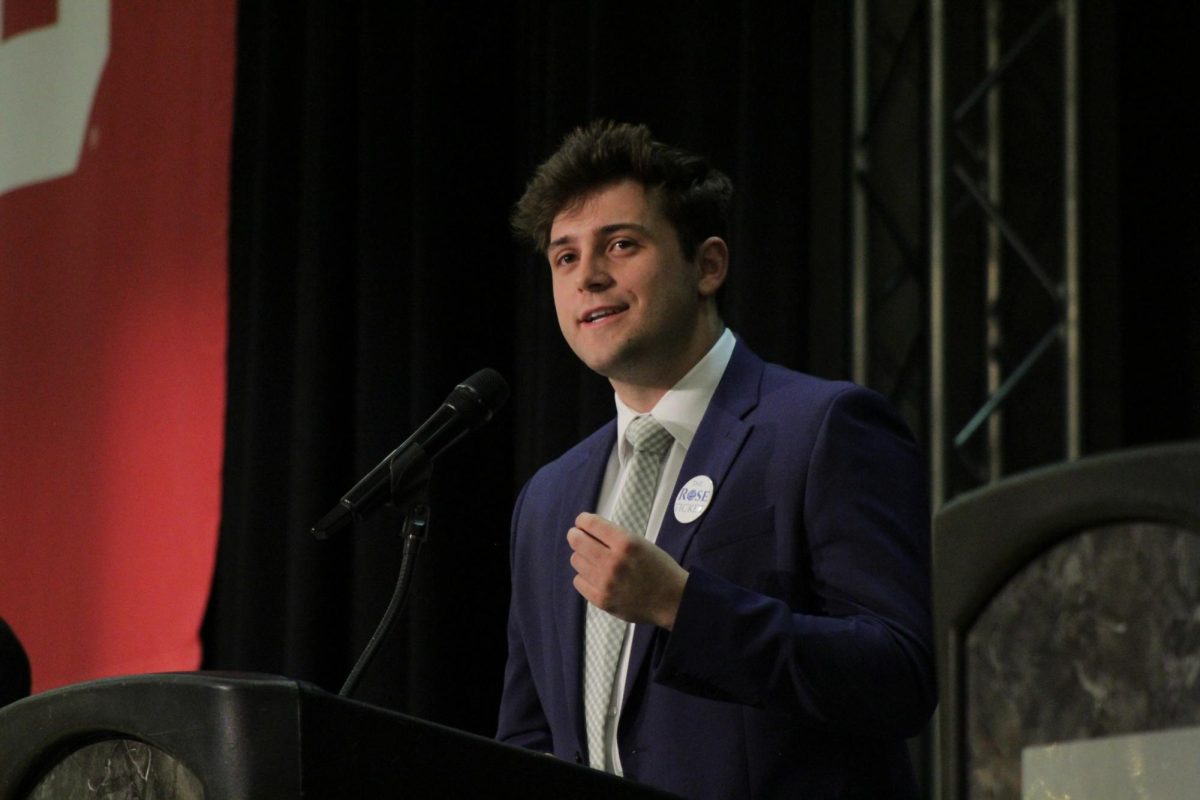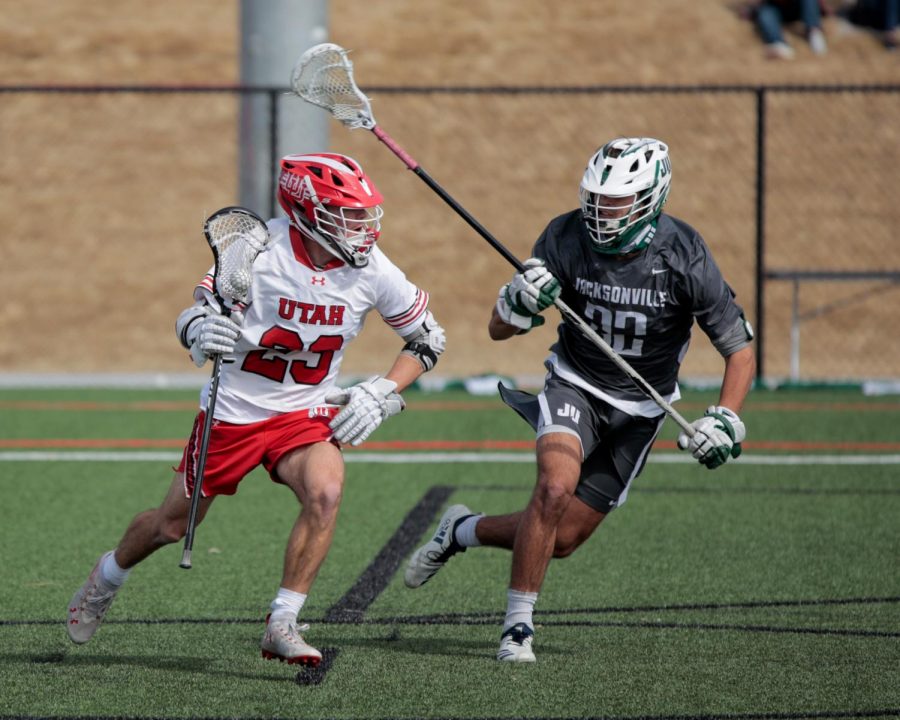Poma: For A Safer Utah, Police Need to Quit Investigating Themselves
March 8, 2020
In recent years, discussions of incompetence and corruption within police departments have seemed more and more prominent, especially here in Utah. Just last year, the Utah State Auditor’s Office found that Utah tolerates police misconduct more than most other states. State Rep. Craig Hall’s House Bill 353 would prevent police departments from investigating themselves to combat biases and cop-outs within the system. The legislature needs to pass H.B. 353 to combat the conflict of interest present when police departments investigate themselves and make Utah’s policing system more accountable.
Proper Police Accountability is Too Rare in Utah
Utah police departments make it their mission to protect the community, but their actions fail to reflect this. Police brutality in Utah is a significant problem. In 2018 alone, 30 Utahns were shot by police, with 19 of them dying as a result — a dramatic increase from previous years. A 2014 study of the ACLU of Utah found serious flaws in the internal affairs process, including issues with accessibility and accuracy in the reporting and investigation processes.
One of the first steps in addressing police misconduct and broken investigation systems is preventing police departments from appearing to or actually covering up their own wrongdoing. When an investigation of an officer is launched by their own precinct, it becomes far too easy for conflicts of interest to impede the investigation. Utah should aim to limit any perception of law enforcement bias in the public eye, and H.B. 353’s reforms can do that. Increasing the public’s trust of the police is imperative for the support of police departments by the communities they should be protecting.
Law enforcement accountability is an important issue across the nation. Organizations such as National Police Accountability Project, Campaign Zero, the ACLU, the Vera Institute of Justice, the Sentencing Project, the Brennan Center for Justice, The Marshall Project and dozens more advocate for more accountability within police departments nationwide. The sheer number of organizations shows how important, widespread and serious of an issue law enforcement accountability is. Transparency and accuracy in any investigation should be the first priorities. Any mistakes should be addressed promptly and in an open manner. However, when police investigate themselves, obvious biases can appear.
Utah law enforcement lacks proper accountability for its officers and transparency towards the public. Salt Lake City has a Police Civilian Review Board where the general public can file complaints. In theory, the board provides a way for the public to speak out about police misconduct — its website describes the board as “critical in ensuring police accountability, as well as protection for police who have been falsely accused.”
But police misconduct remains a significant issue, which may be due to the lack of independence between the board and the police department. This lack is in part the fault of the legislature — in 2019, they passed legislation banning independent civilian police review boards. H.B. 353 presents a chance for the legislature to make police more accountable despite their poor track record.
H.B. 353, The U & Lauren McCluskey
Discussion around H.B. 353 has often centered around the University of Utah campus police’s handling of Lauren McCluskey’s murder in 2018. Countless missteps were made by campus police and other law enforcement on the case. The detective, for instance, left the investigation unannounced, with no replacement for several days. According to the university timeline, campus police apparently did not act because there was no physical threat made by McCluskey’s perpetrator — even though the number of times she and those close to her contacted law enforcement should have been a clear indication that this man was a threat.
In February 2019, the Board of Trustees’ meetings claimed to enhance protocol and accountability for the future, but the university continues to deny its police were at fault. The university moved to dismiss McCluskey’s parents’ lawsuit arguing that “the Constitution does not require police departments to protect persons in their jurisdiction from harm” and that the U “did not have authority to protect her under Title IX regulations.”
Gov. Gary Herbert even ordered his own investigation that expanded on these errors, which prompted him to sign a bill to address campus safety. The fallout from McCluskey’s death demonstrated the lack of accountability within Utah police departments. The overall preventability of McCluskey’s death and lack of proper police investigation protocol has severely impacted our campus’s trust in the police. On Feb. 27, 2020, the ASUU Vice President of Student Relations presented a bill to the ASUU Senate that would increase campus police presence inside the safe haven of the Student Union. Resistance from the student body was so intense that the bill failed unanimously — and rightly so.
It should be noted, however, that the bill does not explicitly target specific entities — rather, it has created an equal policy for local police, state troopers, campus police and other law enforcement agencies. That said, it’s hard to ignore how many times the university’s behavior during the Lauren McCluskey investigation has been brought up in discussions of police accountability. On campus, protests and demands for a safer environment have grown. Many students no longer trust university police to properly protect campus. It’s imperative to think of the impact H.B. 353 could have on our campus culture.
Nixing police department self-investigation is common sense, and it is the right thing to do. By passing this law, Utah will limit the appearance of corruption within its police organizations. University safety is important to students at the U, and the growing distrust between students and campus police needs to be addressed — opposing reforms for police accountability would be a step in the absolute wrong direction. To make those who are supposed to serve us accountable and create a safer Utah, the U should not oppose this legislation, and as a campus community, we should support this bill.












